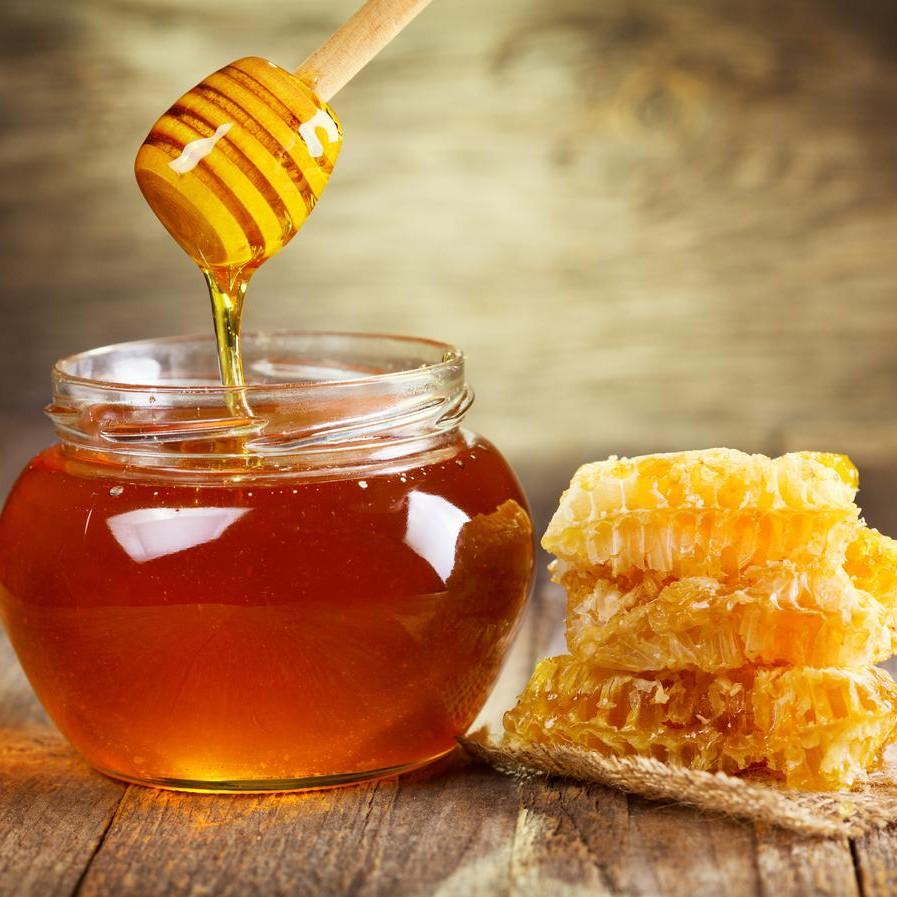
Honey Market Introduction
The global honey market size, in terms of production volume, was around 1.84 million tons in 2023. The market has been assessed to grow at a CAGR of 1.8% in the forecast period of 2024-2032, to reach a volume of 2.16 million tons by 2032.
While honey is a staple in many households as a natural sweetener, its benefits go far beyond its delicious taste. honey market size is often referred to as “nature’s sweet elixir” due to its remarkable health benefits. In this comprehensive guide, we will explore the myriad ways in which honey can positively impact your health and well-being.
Nutritional Composition of Honey
Before delving into the health benefits of honey, it’s essential to understand its nutritional composition. Honey is more than just a source of sweetness; it contains a variety of essential nutrients, including carbohydrates in the form of sugars, vitamins, minerals, and antioxidants.
Carbohydrates: Honey primarily consists of natural sugars, with glucose and fructose being the dominant components. These sugars provide a quick source of energy, making honey a suitable option for a natural energy boost.
Vitamins and Minerals: Honey contains a range of vitamins and minerals, including B vitamins, calcium, potassium, and iron. While these are present in relatively small quantities, they contribute to honey’s overall nutritional value.
Antioxidants: One of the standout features of honey is its antioxidant content. Antioxidants are compounds that help protect your cells from oxidative stress and free radical damage. Honey contains several antioxidants, including flavonoids and phenolic acids, which can have a positive impact on your health.
Health Benefits of Honey
Antioxidant Properties:
- Honey’s rich antioxidant content plays a crucial role in combating oxidative stress. Oxidative stress occurs when there is an imbalance between harmful free radicals and antioxidants in the body. Chronic oxidative stress is linked to various diseases, including heart disease and cancer. Consuming honey, with its antioxidants, can help mitigate this imbalance, potentially reducing the risk of these conditions.
Wound Healing and Antibacterial Effects:
- Honey has been used for centuries for wound care and as an antibacterial agent. The natural sugars in honey create an environment that is inhospitable to bacteria, making it an effective topical treatment for wounds, burns, and skin infections.
- Modern medical applications, such as honey-based wound dressings, further demonstrate its effectiveness in promoting wound healing.
Cough and Cold Relief:
- Honey is well-known for its soothing properties when it comes to sore throats and coughs. A warm cup of tea with honey can provide relief from irritation and reduce coughing. The stickiness of honey also forms a protective layer on the throat, providing comfort during a cold or flu.
Allergy Alleviation:
- There is a theory that consuming local honey may help alleviate allergies by exposing individuals to small amounts of local pollen, leading to desensitization. However, it’s essential to note that scientific evidence supporting this theory is limited, and more research is needed to establish its effectiveness.
Digestive Health:
- Honey has been recognized as a prebiotic, which means it can promote the growth and activity of beneficial bacteria in the gut. This can have a positive impact on digestive health, potentially reducing symptoms of gastrointestinal issues such as indigestion and constipation.
Types of Honey and Their Unique Benefits
Not all honey is created equal. Honey’s flavor, color, and nutritional content can vary significantly depending on the nectar source and the region in which it is produced. Here are a few types of honey and their unique benefits:
Manuka Honey:
- Manuka honey, produced in New Zealand and Australia, is renowned for its strong antibacterial properties. It is often used for wound healing and as a natural remedy for sore throats and digestive issues.
Acacia Honey:
- Acacia honey, known for its light color and mild taste, is an excellent choice for those looking for a honey with a subtle flavor. It is often used in recipes where the honey’s taste should not overpower other ingredients.
Clover Honey:
- Clover honey is one of the most common types of honey and is widely available. It has a mild, sweet flavor and is versatile for both culinary and health purposes.
Wildflower Honey:
- Wildflower honey is derived from various nectar sources, giving it a diverse and complex flavor profile. It contains a mix of antioxidants from different flowers, making it a healthy choice.
Moderation and Caution
While honey offers a plethora of health benefits, it’s essential to consume it in moderation. Honey is still a sugar, and excessive consumption can contribute to weight gain and dental issues.
Additionally, individuals with diabetes should monitor their honey intake carefully due to its impact on blood sugar levels. If you have specific health concerns or dietary restrictions, it’s advisable to consult with a healthcare professional before incorporating honey into your diet.